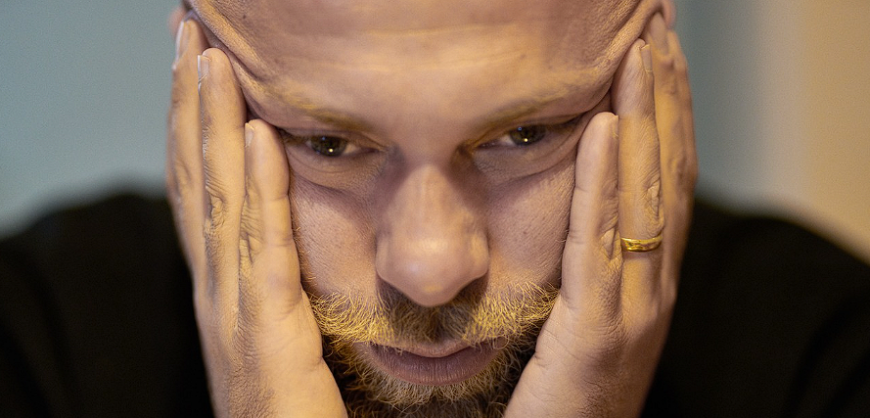Unemployed men in relationships with women would prefer their partner also be unemployed, according to new research from the UK.
The study, which analysed data from over 42,000 people covering nine countries, found that men in couples where the woman is the sole income earner have lower than average well-being than those in relationships where the man is the main income earner or both work.
The research, from the University of Bath, found that men find it harder for their partner to work if they are unemployed than if the reverse were true.
While this situation seemed to make it quite difficult for men in Germany, the same is true in Britain, Spain, and Ireland, but this belief remains widespread across Europe, even in countries where there is greater gender equality, such as Finland.
People who participated in the survey were asked about their life satisfaction, ranking 10 as the highest and 1 as the lowest. Researchers found that the score was 0.223 higher among UK men in couples where both are unemployed, compared to those where the men are not working and the woman has an income.
“This statistic may not sound very strong, but we found it to be significant, given that it was found even after we checked a lot of socio-economic demographics, as well as attitudes towards gender equality,” Helen Kowalewska, one of the authors of the report, told The Independent.
“Men have grown up like this and are expected by society to be the main breadwinner of the family or the home. Research has found that couples tend to be judged more harshly when the man is unemployed.”
Dr Kowalewska, a lecturer in social policy at the University of Bath, noted that previous research has found that unemployed people living in areas with high levels of unemployment are “less likely to feel disadvantaged due to the fact that they are surrounded by others in a similar situation to them”.
Dr Kowalewska added: “Having a partner who is also not working makes men feel less bad and embarrassed about their own unemployment.”
The researchers, who published their findings in the European Sociological Review, said that “men apparently place a higher value on their own work status than their partners”, adding that “men prefer their female partner to be unemployed rather than them”, while ” women feel the same low ‘well-being’ when one of their partners is unemployed”.
The report also said that when it is the woman who brings money home “men’s masculinity and perceptions of the male breadwinner are threatened”.
The researchers explained that men with wives or partners who work while they do not are likely to suffer “stigma and social sanctions” such as “gossip, ridicule, and criticism” for not adhering to stereotypes of masculinity.


































